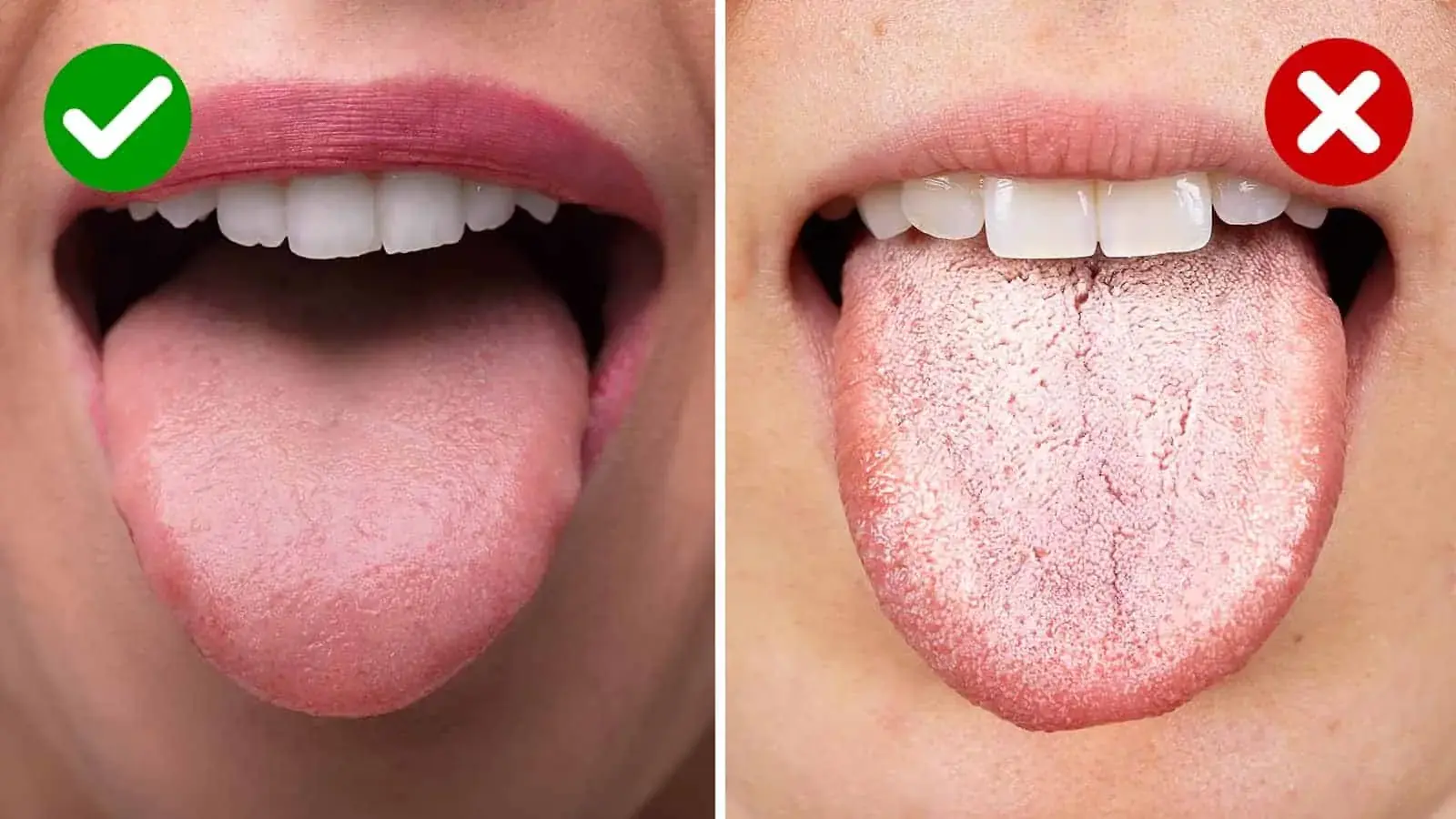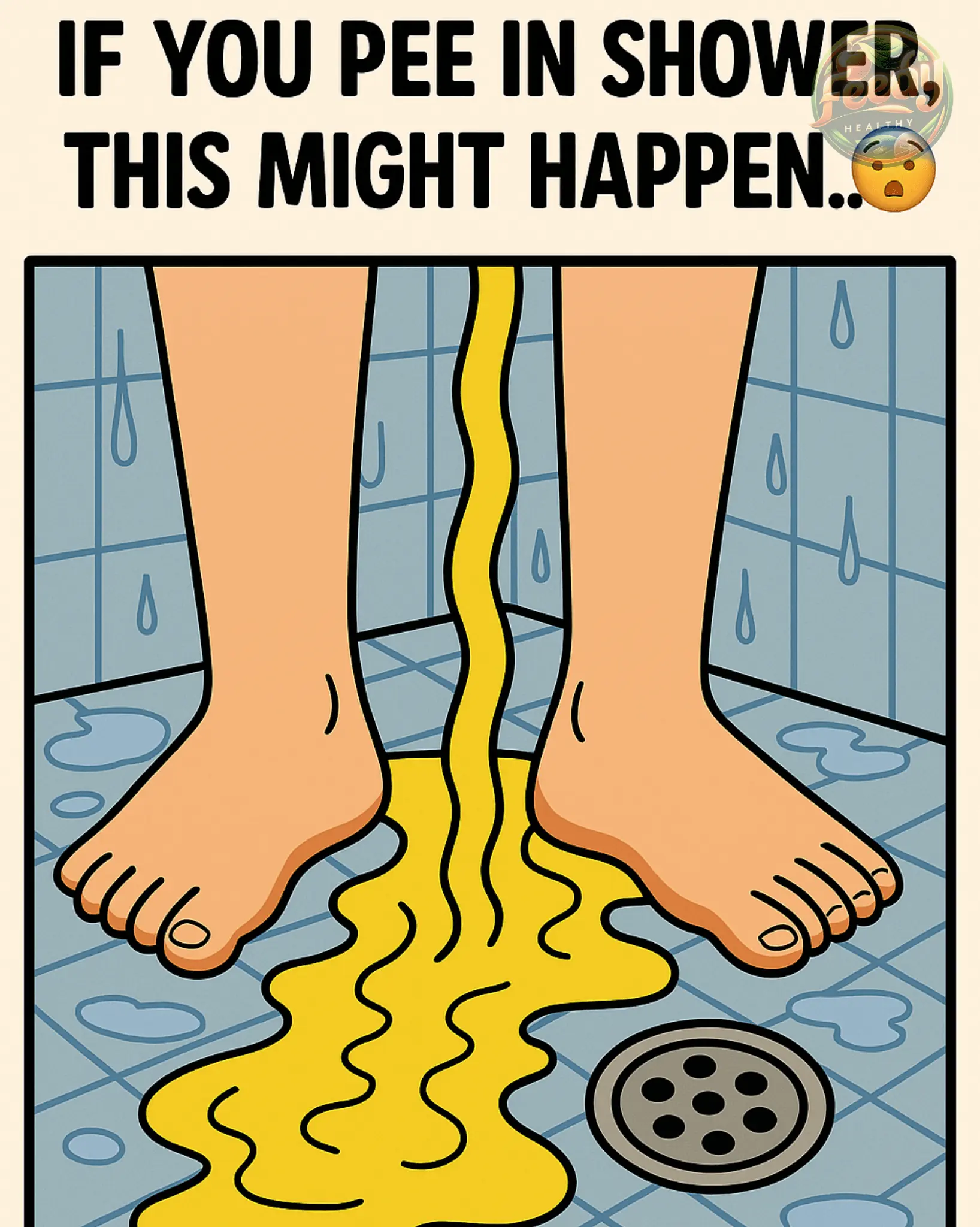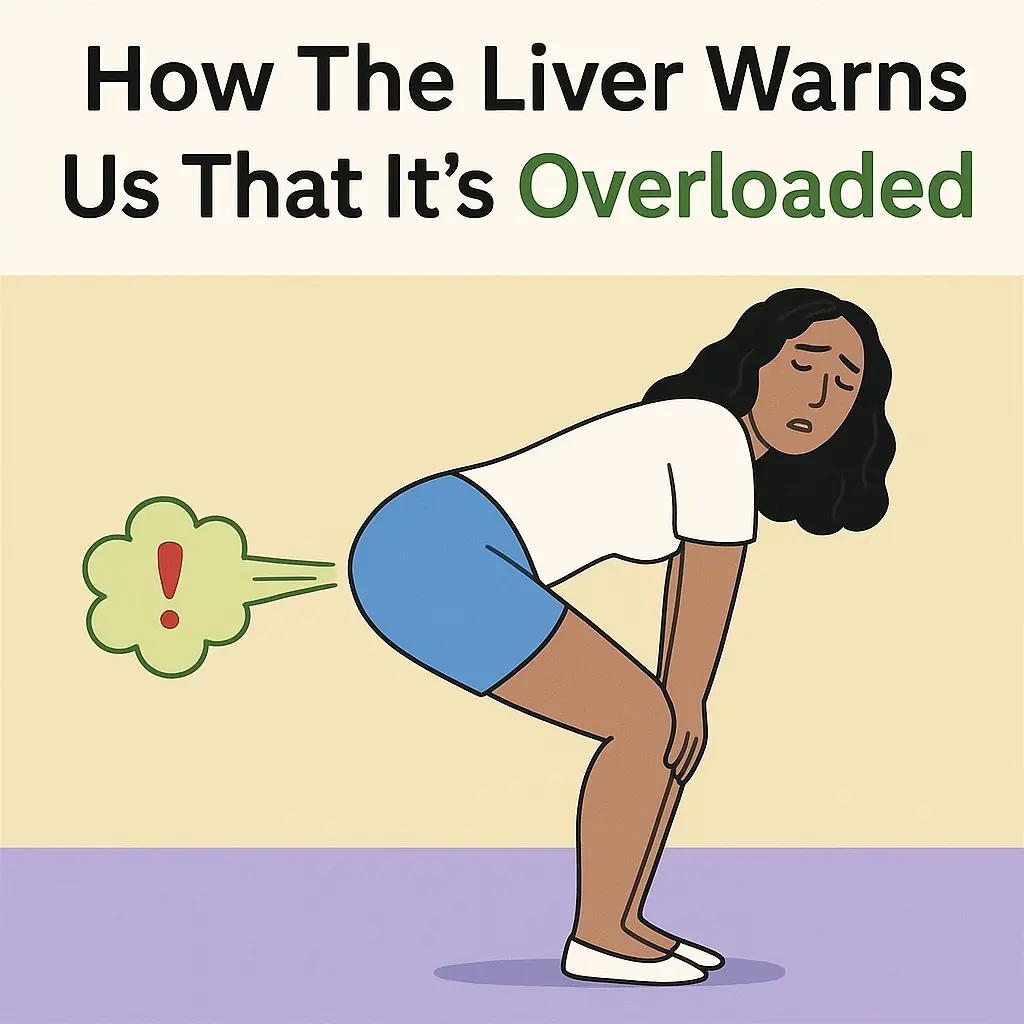
If You Pee in the Shower: Myths, Facts, and Possible Consequences
Peeing in the shower is a behavior that has sparked mixed opinions and even controversy in public discussions. Some see it as a convenient and efficient act, while others argue it’s unsanitary. In this article, we’ll explore different perspectives on this habit and uncover what might really happen if you choose to do it. Get ready for some fresh and thought-provoking insights!
A Matter of Comfort
Let’s face it — the shower might seem like the most convenient place to urinate, especially when you're enjoying a relaxing hot shower. The idea of not having to step out to use the toilet can be very tempting. But is this decision truly as harmless as it seems?
For many people, urinating while showering feels like a way to save both time and water — two valuable resources we often try to conserve. However, this habit raises certain health and hygiene concerns. While urine is made up of about 95% water, it contains substances that can produce unpleasant odors and aren’t always easy to rinse away.
What Does Science Say?
Scientifically speaking, urine is typically sterile when it leaves the body. However, once exposed to air and mixed with other environmental elements, it can become a breeding ground for bacteria. This raises questions about whether peeing in the shower could pose health risks — particularly in households with less-than-ideal hygiene practices.
Expert Opinions
Many medical experts do not consider urine to be especially harmful. In fact, some believe that the minerals and compounds in urine could be beneficial for the skin — though there’s no strong scientific evidence to support this. One study on the use of urine in alternative medicine notes that while the skin may tolerate certain compounds, this doesn’t mean urine is a recommended or effective treatment for dermatological issues.
On the other hand, hygiene specialists warn that peeing in the shower might influence our perception of cleanliness in our environment. Maintaining good hygiene habits is essential to staying healthy, which is why we should carefully consider how this practice may affect our bathroom hygiene standards.
Myth or Reality?
There are plenty of rumors surrounding the idea of peeing in the shower. One of the most popular is that it’s environmentally friendly and conserves water. While it’s true that skipping the toilet flush could save a few liters of water, the actual impact on water conservation is minimal — especially considering that maintaining a clean shower often requires more fresh water.
Another common misconception is that shower-peeing is something only free-spirited or rebellious people do. But in reality, it’s more common than most people are willing to admit — and it doesn’t necessarily reflect poor hygiene or a lack of social norms.
Healthier Alternatives
Although urinating in the shower may seem easy, there are healthier alternatives to consider. For instance, simply going to the toilet before showering is a more responsible approach. It helps maintain cleanliness and enhances the overall shower experience.
Additionally, if you're environmentally conscious, consider installing a rainwater collection system for non-potable uses. This allows you to reduce water usage without compromising hygiene and safety at home.
Conclusion: Choose Your Own Path
In the end, whether or not to pee in the shower is a personal decision shaped by cultural habits and individual views on hygiene. While some may find it convenient, others prefer sticking to more traditional routines.
The most important thing is to be aware of how this habit might affect you and those who share your living space. Whether you choose to keep or drop this habit, maintaining good hygiene and taking care of your health should always be the top priority.
After all, everyone has their own take on hygiene — and that’s perfectly okay.
News in the same category


Man Dies After Being Pulled Into MRI Machine

🌱 The Hidden Powerhouse: Avocado Seeds, Hibiscus, and Cloves for Unstoppable Health

4 Types of Cancer with Over 90% Cure Rate: Everyone Should Watch for Early Signs

5 Common Mistakes When Drinking Water That Can Affect Your Health

Effective Home Remedies to Eliminate Mucus and Phlegm

Natural Recipe to Sleep Like a Baby: Improve Your Rest and Wake Up Refreshed

How the Liver Warns Us That It's Overloaded: Signs and Natural Remedies

Common Backyard Plant May Help Fight Tumors, Diabetes, And High Blood Pressure

How Emotions Affect Our Organs: The Connection Between Feelings and Health

Cancer Doesn’t Hurt at First—But If You Notice These 8 Signs While Using the Bathroom, See a Doctor Early

Doctor Warns: 3 Beauty Habits Most People Don’t Realize Can Accelerate Cancer Risk!

Early Signs of Cancer: What to Look for in Your Body

7 Cooked Foods You Must Finish in One Meal – Never Reheat or Leave Overnight

Silent Threat: 8 Subtle Signs That May Point to Fatty Liver Disease

18 Mind-Blowing Vaseline Hacks You’ll Wish You Knew Sooner

Eat 2 Raw Garlic Cloves Daily: 10 Incredible Benefits You Probably Didn't Know

6 Delicious Foods That Help Eliminate Visceral Fat as Effectively as Exercise

Discover the Ultimate Detox Drink to Flatten Your Belly, Clear Infections, and Rejuvenate Your Liver!
News Post

I need this ‘Liquid Gold.’

12 best ways to slow down ageing

🍫 Chocolate Royale Mini Cakes 🍰

🍓🎂 Strawberry Italian Cream Pound Cake

🍓 Raspberry Cream Napoleons 🍰

🍍🍓 Pineapple Strawberry Swirled Slushies

🍫🌿 Baileys Chocolate Mint Pudding Parfaits

💖🍰 Pink Velvet Raspberry Cheesecake – Creamy, Fruity & Gorgeous!

🍪 Cookies & Cream Cheesecake Deep-Fried Oreos 🍪

Brain Teaser: Can you identify the error in this family’s dining room photo in under 15 seconds?

Little girl who looked 8 months’ pregnant because of deadly disease is saved thanks to dad’s kidney donation

If you’re experiencing these four tongue symptoms, they could indicate underlying health conditions.

Man Dies After Being Pulled Into MRI Machine

Revitalize Your Body with Lemon Fat-Burning Drink

Coffee Mixed with Garlic and Honey – A Powerful Health Drink ☕🧄🍯

7 Amazing Benefits of Salt Water 🌊🧂

Discover the Power of Fig Leaves for Blood Sugar Control

Discover the Magic of Sleeping with Garlic
